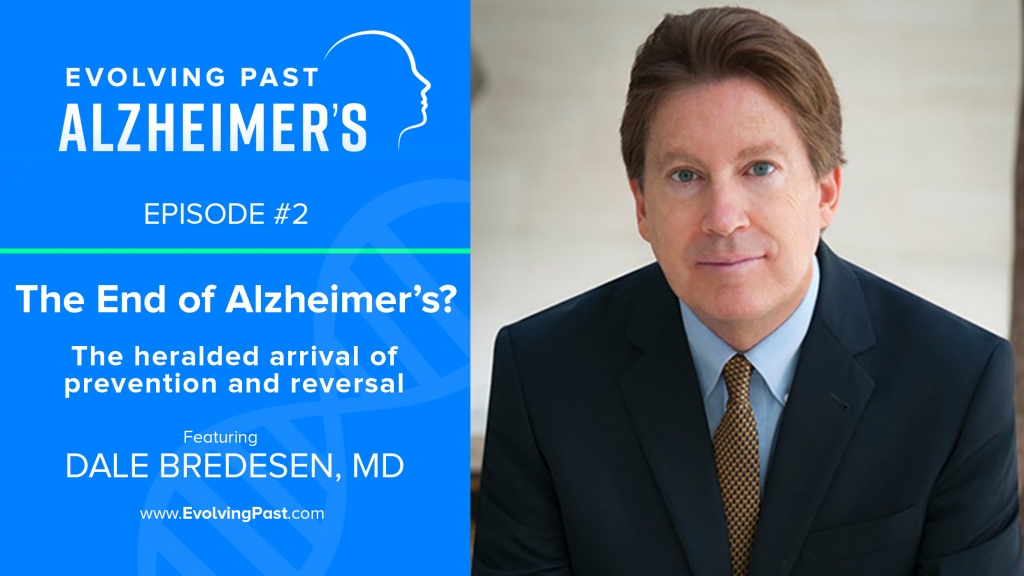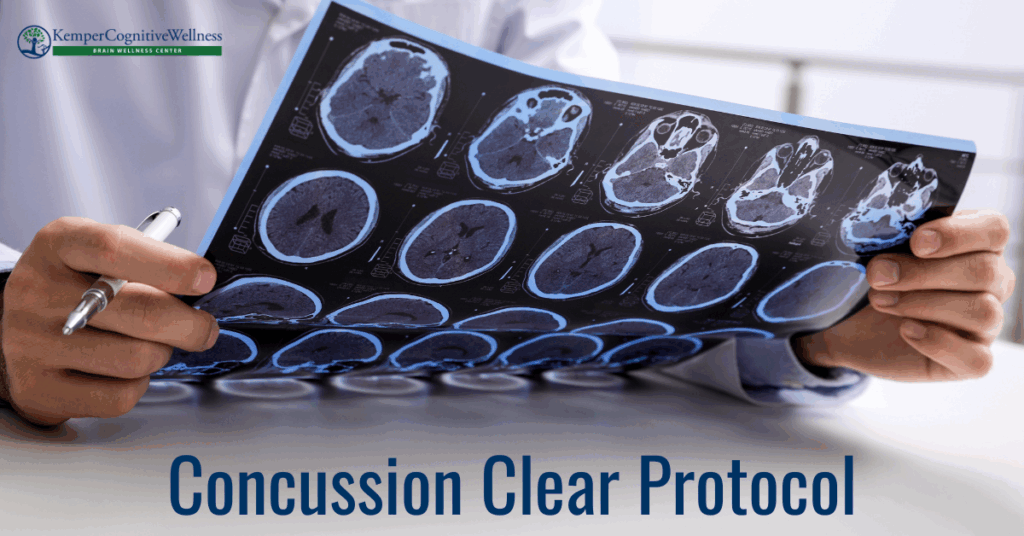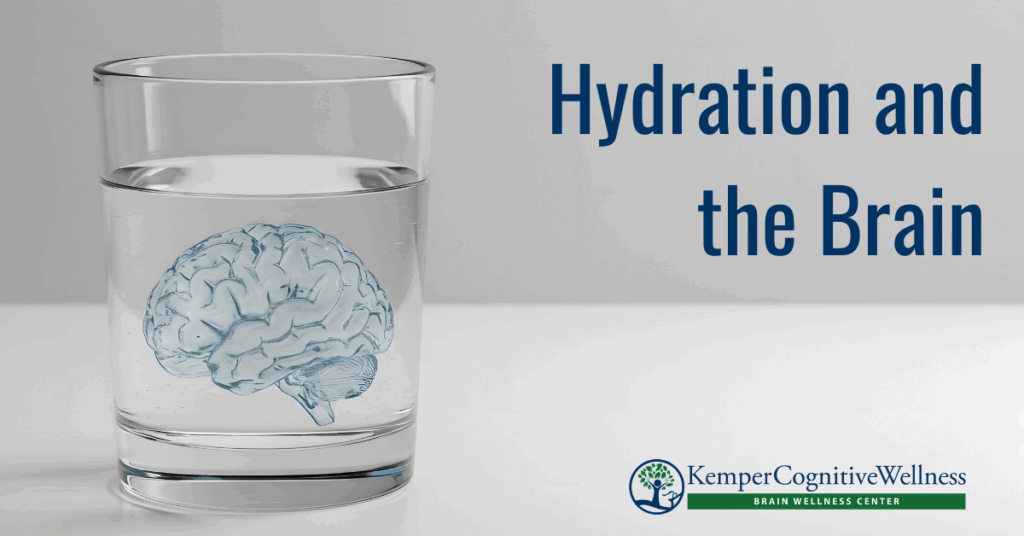Published October 26, 2017
Show Notes
Dr. Bredesen’s fundamental theory is that Alzheimer’s is actually a protective brain response to different classes of insults.
Classes of Insults Leading to Alzheimer’s:
- Inflammation and the brain’s response to pathogens/infections – these trigger the creation of amyloid beta, a key chemical in the brain that destroys brain cell connections and is believed to be a key factor in the development of Alzheimer’s. Amyloid beta is a part of the innate immune system, which seems to be over stimulated or dysregulated in most cases of Alzheimer’s. Dr. Bredesen explains the connection of immune activation in Alzheimer’s.
- Inadequate amounts OR withdrawal of support of brain-“growing” chemicals like B12, vitamin D, and other hormones. This results in a downsizing of the networks of brain cell connections.
- Sugar toxicity – damages via:
- advanced glycation end products (AGEs) acting to damage through inflammation
- loss of cell supports because of shoddy insulin signaling necessary for healthy brain activity
- A protective response by amyloid that bind to things that the brain perceives as a toxin – things like: copper, iron, mercury, biotoxins, infections.
- People in their 50s and early 60s tend to have the more “toxic” form of amyloid
- Problems with blood vessels and leakiness in the protective blood-brain-barrier, which result in lower support chemicals and toxicity.
- Trauma, e.g., from things like concussions – which lower chemical and hormone support, as well as make the brain susceptible to all the insults mentioned above.
The story of “Patient Zero” (Minute 28:53)
Dr. Bredesen describes the first success he had with his program (ReCODE).
Things that induce Alzheimer’s, aka “Dementogens”:
- Biotoxins
- Exposures to water building and the harmful effects of mold
- Tick exposures
- Heavy Metals Exposure
- Aluminum, copper, mercury
- Water damaged building, mycotoxins
- Certain types of infections
- Concussions
- The effects of diabetes and poor diet
- Certain types of pollution
- Not enough time asleep or insufficient oxygen during sleep (obstructive sleep apnea)
- Not enough exercise
Elements of a “Cognoscopy”:
Because brain changes in Alzheimer’s can creep in 20 years or more before symptoms, prevention makes a whole lot of sense. Though a cognoscopy* doesn’t really exist yet in a conventional medical setting, Dr. Bredesen’s thinks that one should probably be done around age 45 to assess the risk of developing Alzheimer’s and might include the following:
- Genetic markers and blood work that elucidates Dr. Bredesen’s three metabolic subtypes (see https://www.apollohealthco.com/ to find a practitioner trained in the ReCODE Protocol**).
- Functional cognitive testing using BrainHQ, Lumosity, Cog-state, CNS Vital Signs to see where your brain function is in a “testing environment”.
- Brain MRI with volumetrics (listen to Evolving Past Alzheimer’s podcast with Dr. Cyrus Raji episode #6 for full explanation) if someone has symptoms.
The Role of Sleep in Alzheimer’s
- Time of repair (don’t eat 3 hours before bed)
- Time for autophagy (brain cell “pruning”)
- There is a slight change in the microanatomy of the brain where some of the accumulated toxicants get “washed away”
- Sleep hygiene is important
Who typically improves with the Bredesen Program?
Dr. Bredesen mentions the “MoCA” which refers to the Montreal Cognitive Assessment. This is a screening test that won’t tell you if someone has Alzheimer’s but can give you a general indication of different levels of cognitive impairment. Dr. Bredesen mentioned that people that score 22 or greater (out of 30) are seeing improvements with his methodology. These are people that are typically early on in their disease.
Who typically does not improve with the Bredesen Program?
- People that are more “frail” (less able to exercise, etc.)
- People that are further along with the disease and have had symptoms for longer periods of time.
How much improvement do people see with the Bredesen Program?
Some people seem to get just a bit better in terms of mood, outlook, and brain function. Others get much better and almost completely back to their best brain function. Too early to say how many, but more than half of the people using the methodology report some sort of improvement.
A discussion of an upcoming Documentary of the impact on people’s lives using Dr. Bredesen’s program.
Resources Mentioned:
- Dr. Brdesen’s Book: The End of Alzheimer’s
- To find a Bredesen trained physician, visit Dr. Bredesen’s website – MPI Cognition
- Website: Institute for Functional Medicine
*In January 2019, Dr. Nate Bergman joined Kemper Cognitive Wellness and implemented the Discovery Protocol, a form of “cognoscopy” that includes a QEEG Brain Map in lieu of an MRI.
**Kemper Cognitive Wellness has trained ReCODE practitioners on staff. Call 216/337-1400 to learn more.





